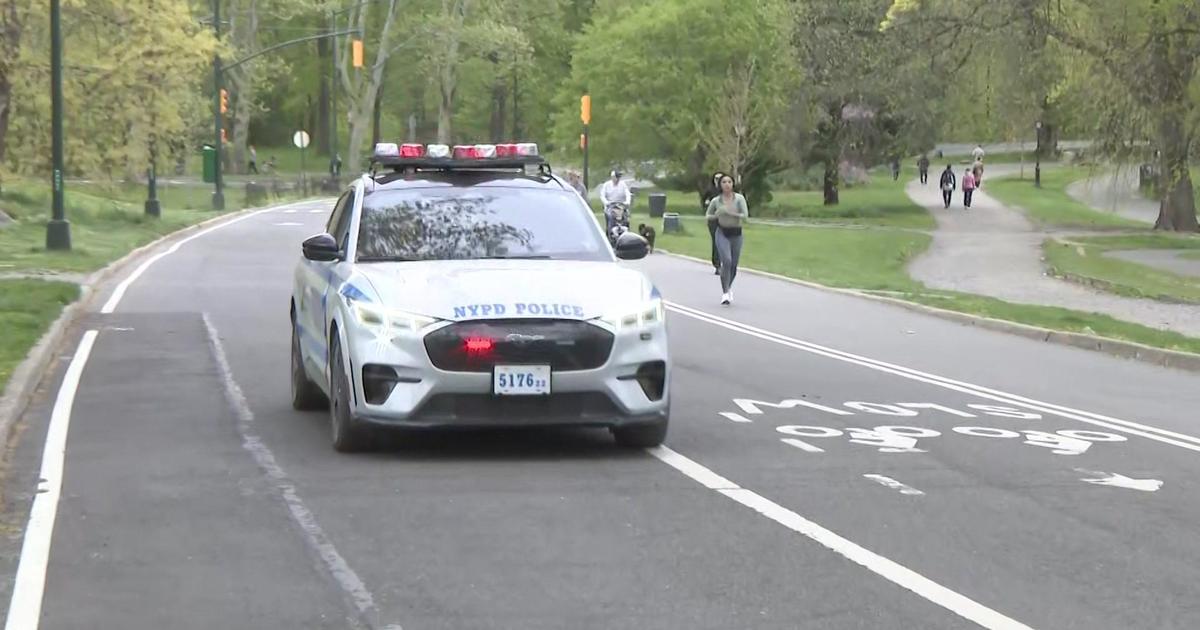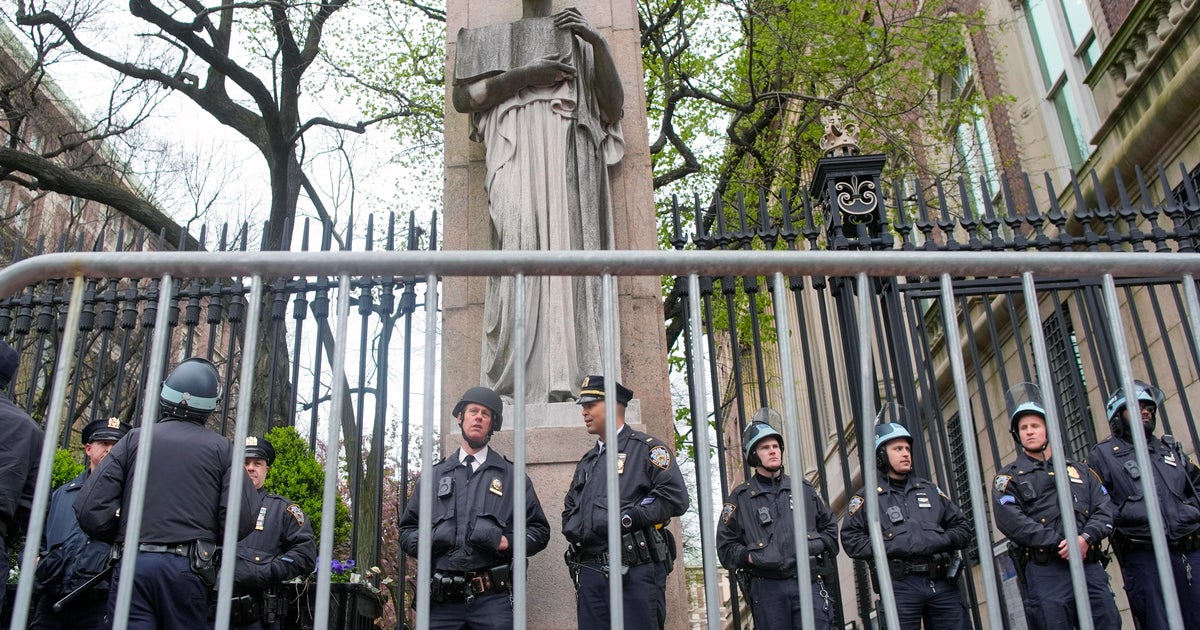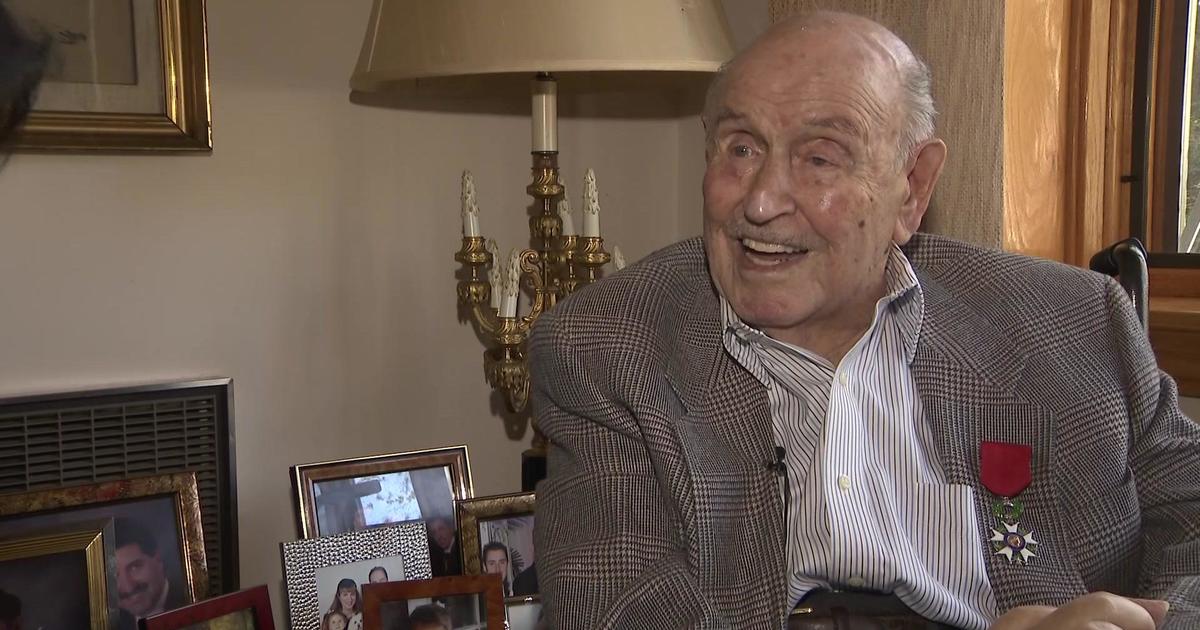Stimulus Package Update: While Politicians Negotiate, Economic Damage Continues
(CBS Detroit) -- House Speaker Nancy Pelosi set a Tuesday deadline for a deal with the White House on a second stimulus package. Tuesday came and went without a deal. But negotiations continue. And now we have another deadline -- Friday -- for the two sides to agree on terms. This one sounds a little more wishful, even as the circumstances grow more dire for millions of Americans.
On Wednesday, White House chief of staff Mark Meadows expressed optimism that the administration and the House Speaker could hammer out a deal by the end of the week. "We do share one goal, and that is hopefully to get some kind of deal in the next 48 hours or so," he said. "I can tell you that the negotiations have entered a new phase, which is more on the technical side of trying to get the language right, if we can agree upon the numbers. We're still apart. Still a number of issues to work on. But the last 24 hours have moved the ball down the field."
>>READ: Stimulus Package Update: Is A Deal Even Possible At This Point?
Pelosi also remains "optimistic" that a deal can be reached. President Trump, consistent in his inconsistency, shifted his views again somewhat, preparing to blame Democrats should negotiations fall apart.
Funding for cities and states continues to be a key difference between the two sides. Pelosi is asking for $500 billion, while Steven Mnuchin, the Treasury Secretary, who has been heading up negotiations for the White House, is looking for $300 billion. That number was recently increased from $250 billion. Either way, the money would address budget shortfalls in blue and red states alike. Those shortfalls have been caused by declines in tax revenues due to decreased economic activity during the pandemic.
Without additional funding, state and local governments, most of which have to balance their budgets by law, will be forced to lay off teachers, police and other essential employees. Those layoffs would contribute to the ongoing unemployment crisis. Approximately 787,000 people filed for first-time state unemployment benefits last week, with another 345,000 seeking Pandemic Unemployment Insurance. While initial claims have dropped, they still far exceed the pre-pandemic record of 695,000 initial claims in a week. They also don't reflect those people who have left the labor force entirely.
Senate Majority Leader Mitch McConnell, meanwhile, put two smaller bills up for a vote earlier this week. One was a $500 billion extension of the Paycheck Protection Program, which loans money to businesses to help them keep employees on staff during the economic downturn. The other was a $500 billion "skinny" package of stimulus that included a weekly federal unemployment benefit of $300. Neither included stimulus checks or aid for cities and states. Both failed to receive the 60 votes necessary to overcome a filibuster.
Should Pelosi and Mnuchin reach a deal by Friday or before the election, McConnell has promised bring it to a hostile Senate for a vote. However, the timing of that vote will certainly take a backseat to the confirmation of Amy Coney Barrett to the Supreme Court. And McConnell has also advised President Trump against making any sort of stimulus deal before the election, lest it create more divisions among Republicans, specifically those in tight races in fiscally conservative areas.
Will a second round of stimulus find its way to American consumers and businesses ? It certainly won't by election day, even if a deal is reached in the next two weeks. And that is bad news for the millions who are struggling right now to make ends meet. It is also bad news for the health of the economy going forward.
>>READ: Stimulus Package Update: What Happens To The Economy Without A Second Stimulus?
According to Lisa Cook, professor of economics at Michigan State University and a former senior economist at the president's council of economic advisors, "we're embracing austerity, when what we need is investment. I can't believe we didn't learn the lessons of 2008-2009, of the Great Recession. So there are parallels, and they are stark. I can't believe that we have such short memories that we can't remember how slow the recovery was. That's the real peril. If we have a recovery that is... elongated, that means that people are suffering. Those are numbers, but those are also people. They are families. They are farms. They are small businesses. People waiting on this kind of relief."
The $2 trillion-plus CARES Act, which passed back in March, was a bipartisan effort. It helped people and small businesses, through stimulus checks, additional unemployment and paycheck protection. An estimated $560 billion went to individuals, and another $377 billion went to small businesses. But the effects of that first round of stimulus have largely run their course. However, COVID-19 is on the rise once again, and its damage to the economy continues.
Another sizable stimulus package could keep the economy afloat. But despite the intensity of negotiations, it doesn't appear that life raft is coming anytime soon. Bipartisanship and gridlock on Capitol Hill are once again holding back any sort of meaningful legislation.
"We're in a situation now where lives and livelihoods are really at stake," says Nancy Cordes, Chief Congressional correspondent for CBS News. "People are getting sick. People are dying. People are losing their jobs. People are going hungry. They are falling behind on their rent. All of this through no fault of their own. You would hope, in that situation, that the two sides would put their differences to the side and just sit down together and work through this. What do people need? Where can we do the most good right now? And you really, by and large, haven't seen that happening. You've seen them talking past each other. Clearly Democrats have wanted to do far more than Republicans, and that has prevented them even from negotiating it at times, because they just felt like they couldn't get to some kind of agreement that both sides could live with. It's really disappointing."
This post was originally published Thursday, October 22, 2020 @ 3:51 p.m. ET.



